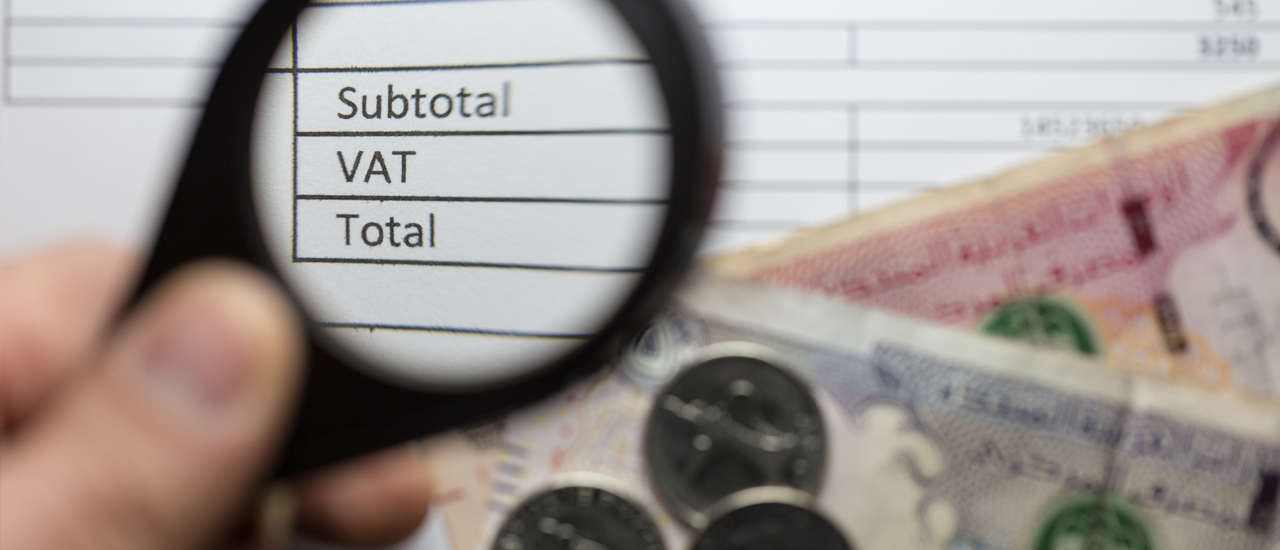
Audit considerations during Covid-19
Recently the IFAC (International Federation of Accountants), International Federation of Accountants in Spanish, issued certain considerations related to the safe audit of financial statements in times of Covid-19. These are situations that matter to the auditors but also to those who are audited.
There is unprecedented uncertainty in the economy, which can affect those who govern companies as well as those who audit them. Therefore, it is necessary for auditors and preparers of financial statements to be attentive to situations that perhaps in previous audits were not important but now they are. For example, the audit evidence necessary to form an independent opinion may be different, considering that there are travel restrictions, reduced visits to companies, either due to own decisions or those of the parent company, and this causes several considerations to take into account.
Auditors must exercise professional skepticism and professional judgment, and preparers of financial statements must take care of how they obtain information and support operations, without forgetting to maintain an adequate internal control system in the company.
Situations related to the evaluation of the going concern as well as the valuation of assets and other accounting estimates, which perhaps in the past were not situations that concerned the auditor, may, from this crisis, be subjects of discussion and analysis. Similarly, a preparer of financial statements may not question the estimate of bad debts or the value of a certain asset and this does not necessarily remain the same, there may be situations that indicate changes.
On the other hand, the auditor must be very attentive to the audit risks that are determined in the company, since in the face of a very changing reality, they should pay special attention to changes in the business and the company, such as reduction of the business, changes in the company’s strategy, loss of financing, changes in regulation, modifications in the internal control environment, possible fraud, etc.
Likewise, obtaining audit evidence is a very sensitive aspect to consider in these circumstances. The auditor should not lower the quality of the evidence to be obtained to ensure an audit opinion. For example, the impossibility of visiting a warehouse and carrying out a physical count of merchandise, not being able to make a visual inspection of a fixed asset registration, not being able to view an original document due to not being able to go to the company, etc. They are situations that the auditor must evaluate and necessarily obtain adequate evidence to support an opinion.
Regarding accounting estimates, the degree of uncertainty in them increases with the effect that the pandemic may have on the economic situation. For example, not knowing how long the crisis will last, the estimates may not be objective enough. The criteria for estimating the uncollectibility of accounts receivable can be very subjective, since they do not have a history of similar crisis situations and do not know how the pandemic has affected customers.
The preparer of financial statements should consider the going concern principle when preparing them. To do this, you must consider projected cash flows and other information that allows you to ensure that the company is able to survive at least 12 months after the date of issuance of the financial statements, and this will not be easy in a context of uncertainty due to the pandemic. Who can prepare a projected cash flow with any certainty for an activity that is paralyzed by the crisis? And the auditor should have sufficient evidence to ensure that the company can continue as a going concern and that therefore the financial statements not prepared according to settlement values are correct.
Finally, mention that the audit opinion can be modified for the aforementioned reasons and that this change in it should not be permanent while the situations that led to it are reversed in the short term. The same with the subsequent events to disclose, many financial statements have been issued since the emergency declaration and surely, after the closing, aspects to consider or new information have arisen that must be disclosed for an adequate reading of the financial statements.
It is essential that both the company and the auditor are updated on the latest developments in the accounting profession in order to minimize errors or infertile discussions between auditor and auditee.


